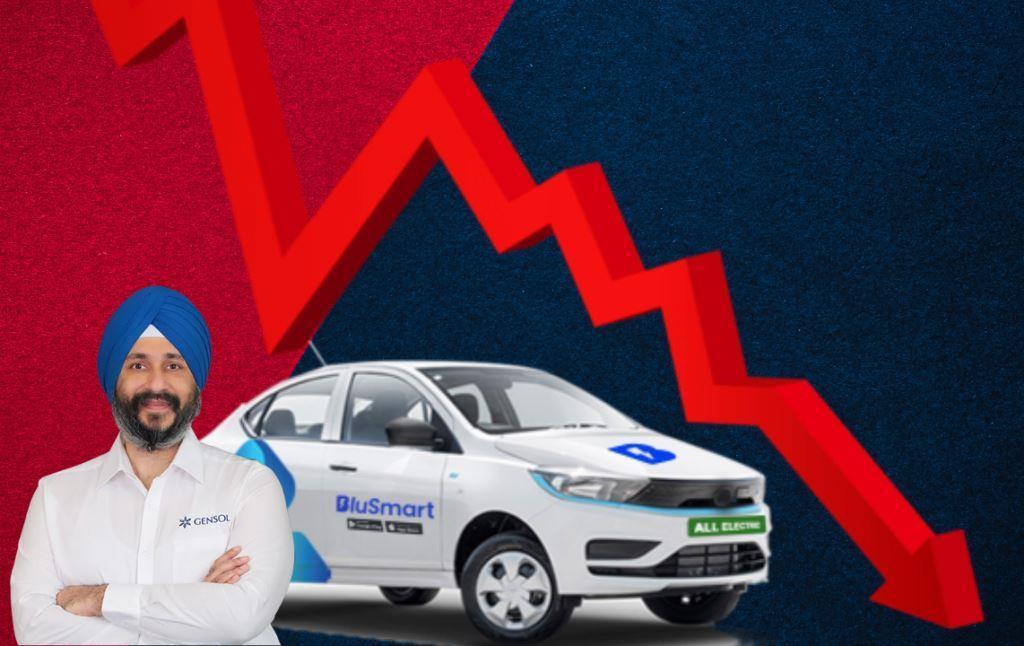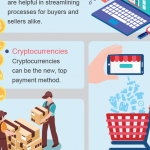BluSmart, once celebrated as a pioneer in India’s electric vehicle (EV) mobility sector, is currently grappling with significant financial challenges that have led to the departure of its co-founders and prompted investors to advocate for a comprehensive restructuring.
The Rise and Financial Struggles of BluSmart
Founded in 2019 by Anmol Jaggi, Puneet Jaggi, and Puneet Goyal, BluSmart aimed to revolutionize urban transportation by offering electric cab-hailing services in cities like Delhi, Bengaluru, and Mumbai. The company attracted investments from notable entities, including BP Ventures and various family offices, raising approximately ₹1,000 crore since its inception.
Despite its promising start, BluSmart encountered financial turbulence, culminating in a default on a ₹30 crore bond payment in early February 2025 due to a cash crunch. Although the company managed to repay the obligation later that month, the incident raised concerns among bondholders and triggered discussions about the company’s financial stability.
Relationship with Gensol Engineering and Internal Transactions
BluSmart’s financial woes are closely linked to its relationship with Gensol Engineering, a company co-founded by Anmol Jaggi. Gensol, primarily engaged in solar engineering, procurement, and construction (EPC), diversified into EV leasing, supplying vehicles to BluSmart. Over three years up to March 2024, Gensol invested approximately ₹568 crore to purchase electric cars, with ₹352.14 crore spent in FY24 alone. Additionally, Gensol extended loans totaling ₹148.33 crore to BluSmart subsidiaries during the same period.
These substantial financial commitments strained Gensol’s liquidity, leading to a downgrade of its ₹716 crore bank loan to default status by Care Ratings in March 2025. The close financial ties and significant transactions between Gensol and BluSmart have raised corporate governance concerns, prompting scrutiny from investors and analysts.
Investor Response and Restructuring Efforts
In response to the crisis, Gensol announced plans to raise ₹600 crore through foreign currency convertible bonds and promoter contributions to address liquidity challenges. The company also initiated measures to reduce its debt by ₹665 crore, including the sale of approximately 3,000 EVs and divesting its US operations. Furthermore, Gensol is unwinding its financial linkages with BluSmart, ceasing additional vehicle leases and selling a portion of its fleet.
Lessons Learned
The BluSmart-Gensol debacle underscores several critical lessons for startups and investors in the EV mobility sector:
- Transparent Corporate Governance: Clear delineation of financial transactions and relationships between affiliated entities is essential to maintain investor trust and ensure regulatory compliance.
- Prudent Financial Management: Rapid expansion should be balanced with sustainable financial practices to avoid over-leveraging and liquidity crises.
- Robust Risk Assessment: Comprehensive evaluation of financial commitments and their potential impact on all involved entities can mitigate unforeseen challenges.
Outlook for the EV Mobility Industry
Despite BluSmart’s financial challenges, the overall outlook for India’s EV mobility industry remains promising. The sector continues to attract new entrants and investments, driven by increasing consumer adoption, supportive government policies, and advancements in technology. BluSmart’s situation serves as a cautionary tale about the importance of ethical business practices and sound financial management. However, it does not diminish the potential of the EV mobility market, which is poised for significant growth as companies learn from past missteps and implement more robust operational strategies.















